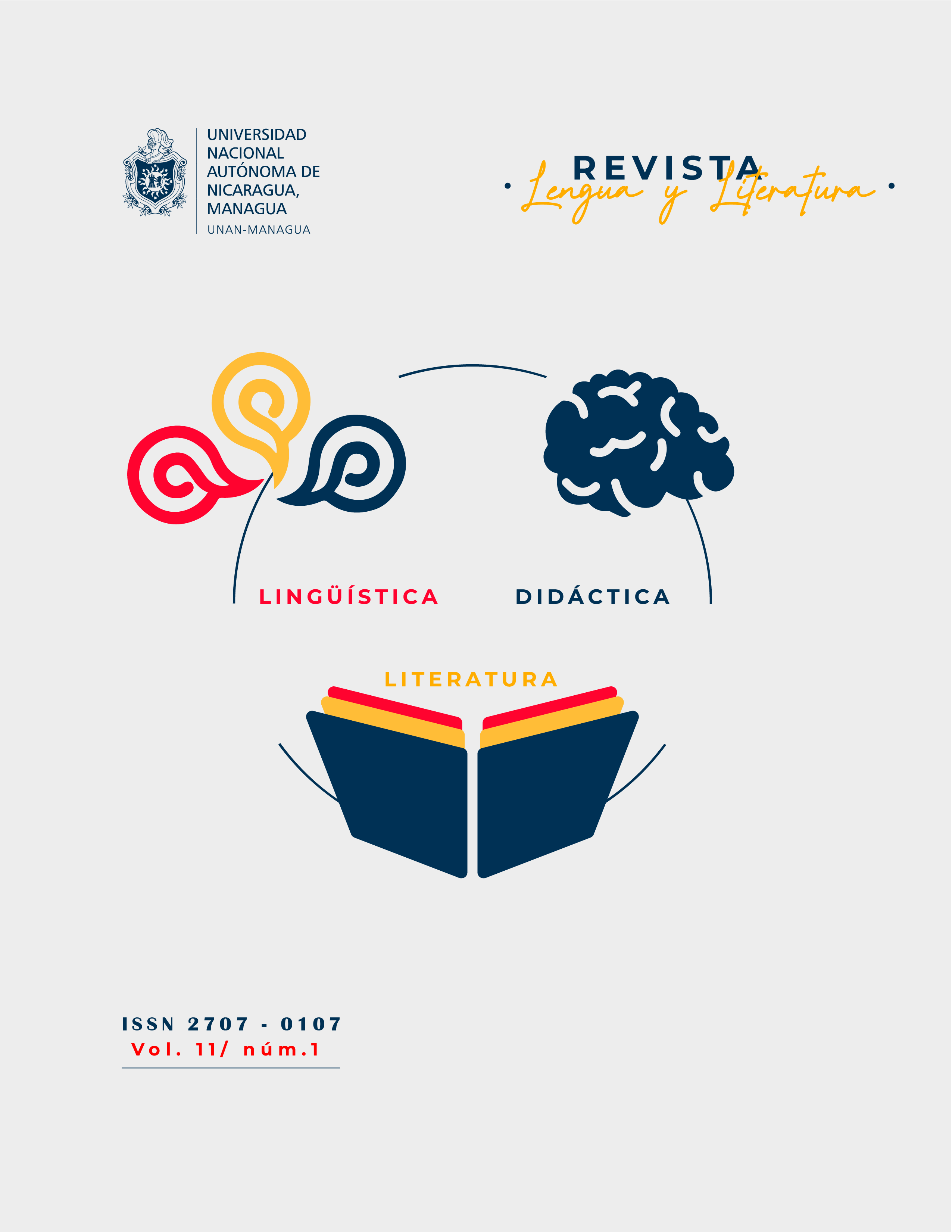Implications of using AI for developing communicative competence in university students
DOI:
https://doi.org/10.5377/rll.v11i1.20466Keywords:
competence, communication, skills, tools, artificial intelligenceAbstract
Higher education in Nicaragua is undergoing a transformation process in accordance with new pedagogical and scientific trends. The inclusion of Artificial Intelligence (AI) in the work of IES is a necessity in a context that demands professionals with high technical, scientific, human and communicative capacities. Therefore, this paper aims to reflect on the implications of the use of AI in higher education, especially for the development of students' communication skills. The text is structured in three sections. The first reflects on the relevance of communicative competence in students, mainly as the basis for academic and professional development in multilingual scenarios. The second addresses the notion of digital literacy in the university context, specifies the skills demanded in the new knowledge society and the role of teachers. The third presents a proposal for the inclusion of AI-assisted tools for the development of language skills, mainly language learning, virtual assistance, online tutoring, academic writing and the systematization of scientific information. It concludes by raising the need to continue adopting new technological trends to the higher education system, especially to the learning processes, teacher training and institutional management of IES.
Downloads
Published
How to Cite
Issue
Section
License
Copyright (c) 2025 Universidad Nacional Autónoma de Nicaragua, Managua

This work is licensed under a Creative Commons Attribution-NonCommercial-ShareAlike 4.0 International License.





